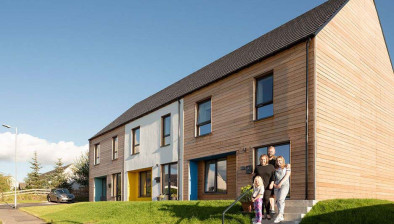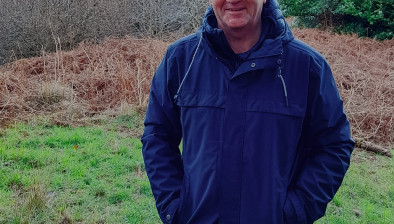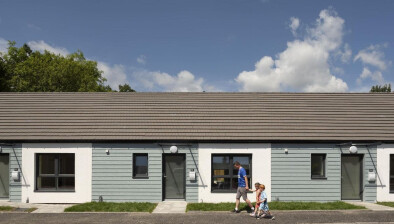Pilot version of UK Net Zero Carbon Buildings Standard released

The pilot version of the UK Net Zero Carbon Buildings Standard (UKNZCBS) has been released.
Its launch is the culmination of collaboration from experts across the UK Built Environment Industry. The Pilot Version of the Standard enables industry to robustly prove their built assets are net zero carbon and in line with our nation’s climate targets.
The Passivhaus Trust has welcomed that the targets and methodology proposed for UKNZCBS closely align with the operational energy and renewable energy generation targets of the Passivhaus Plus standard and include absolute energy use intensity targets similar to Passivhaus. The Trust believes that the Passivhaus Plus standard offers an effective way to achieve the UKNZCBS, while also delivering a healthy, comfortable building.
Sarah Lewis, research & policy director at the Passivhaus Trust, commented: “The Passivhaus Plus standard offers a tried and tested route to achieving the operational carbon performance required for the UKNZCBS, with the additional benefits of addressing other important issues such as indoor air quality, overheating, and occupant comfort.
“The Passivhaus Trust welcomes the UKNZBCS as a means for improving the clarity and rigour of net zero carbon definitions and as a step towards achieving higher performance building in the UK.”
The Trust also welcomes the UKNZCBS focus on actual as-built performance, compared to the current approach of design intent that is adopted through existing Building Regulations. This should help reduce the “performance gap” – the gap between actual performance in use (energy use or carbon emissions) and the performance predicted at the design stage.
Research shows that the performance gap in the UK can increase actual energy use compared to design predictions by on average 60% and sometimes by as much as 200%. The Passivhaus quality assurance process provides certainty of performance across health, comfort AND net zero, reducing the risk of non-performance in the post-completion testing phase proposed for the UKNZCBS.
Regarding embodied carbon, the Passivhaus Trust has pointed to studies that have shown that designs that are optimised for Passivhaus performance can also help to reduce the embodied carbon emissions of a project. An improved form factor can lead to lower requirements for structural and cladding products, as well as reducing the volume of insulation products required.














